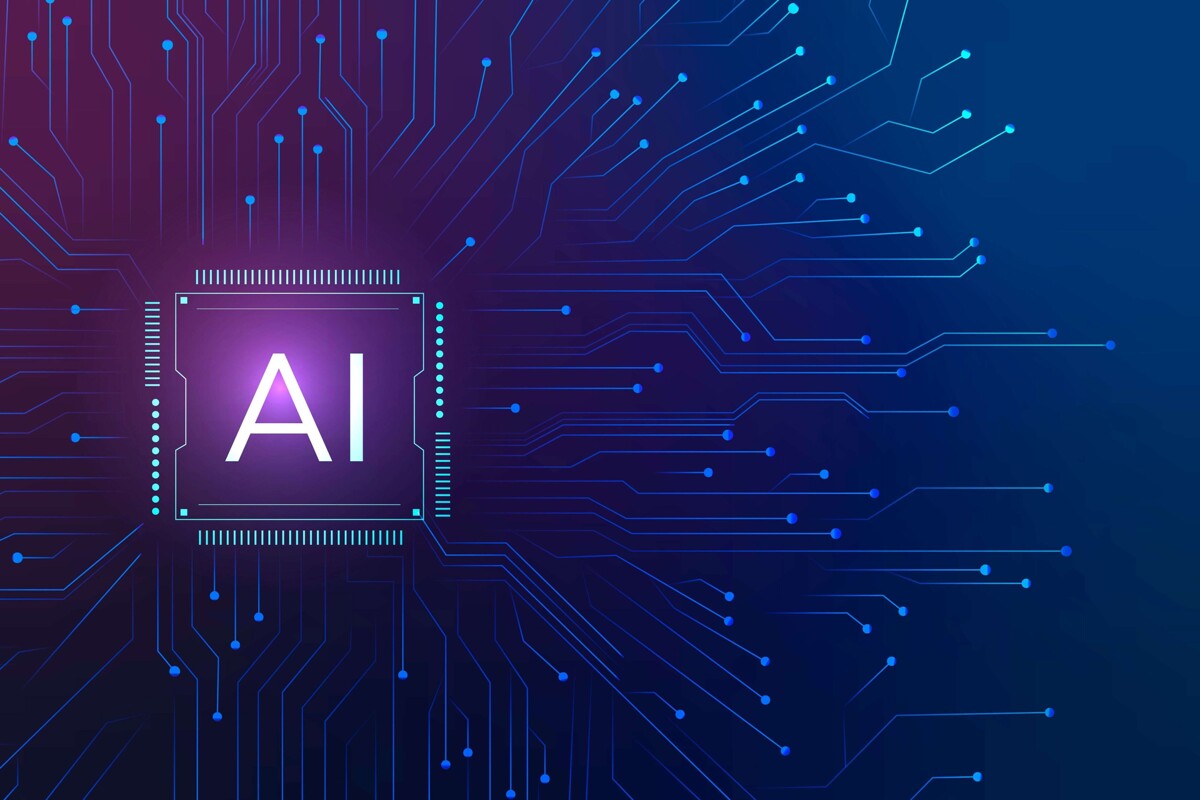
The future of transparency is not limited to the possibility of providing information upon a routine request, but rather to the ongoing capacity of public institutions to provide useful and quality information to individuals, even before they identify the need to approach an authority for that purpose. Artificial intelligence and predictive models offer the opportunity to redefine the relationship between society and government, ensuring that information is not only provided on demand but becomes a strategic resource.
In the case of reactive transparency, despite the effectiveness of the regulatory framework and its institutionalization, it still depends on the responsiveness of public institutions and the prior knowledge of citizens about the existence of certain information; whereas in the case of proactive transparency, there remains a lack of incentives for citizens to participate and promote these initiatives. Artificial intelligence suggests a paradigm shift, moving from individual requests for information and the corresponding institutional reaction to anticipating information needs through the identification of patterns and the construction of trends derived from the analysis of large volumes of historical data.
In this sense, the development and use of predictive models supported by artificial intelligence represent an area of opportunity for public institutions to anticipate informational needs and act timely. The implementation of these models must be carried out with a solid regulatory framework, responsibly and under strict ethical principles.
The possibility of a predictive or anticipatory dimension of transparency cannot be presented without an analysis of the challenges of the three previous models. This is where the utilization of tools such as machine learning can significantly contribute to identifying recurring topics of interest and the proactive publication of strategic information. Ultimately, it is clear that all efforts of this nature stem from the exercise of public powers and resources.
In an increasingly digitalized world, the right to access information is essential for daily life and democracy, as it allows citizens to oversee institutional activities, triggering accountability schemes and more transparent governance dynamics. The future of transparency lies in a new and vigorous relationship that leverages the technological benefits that the world provides for the benefit of individuals.














